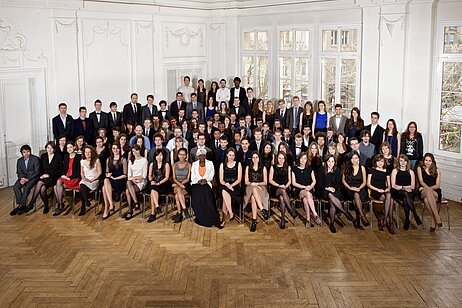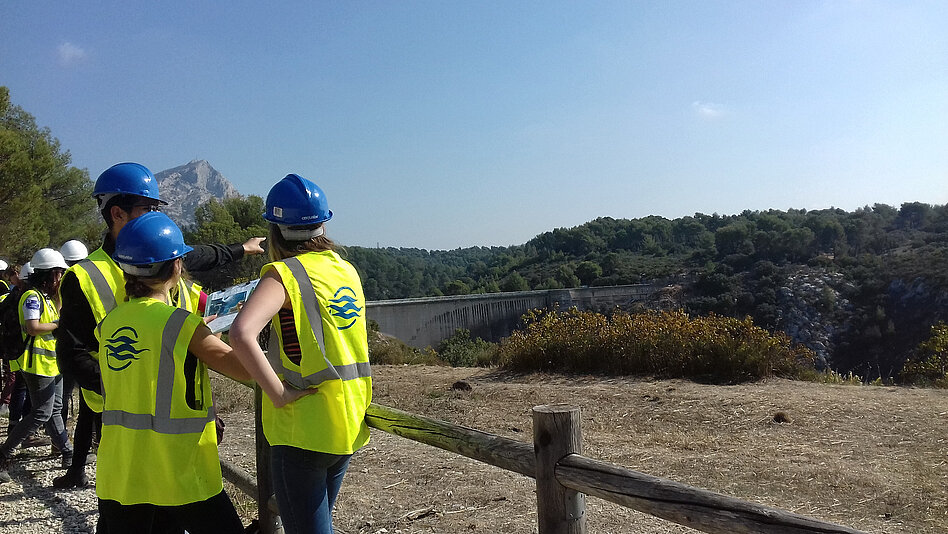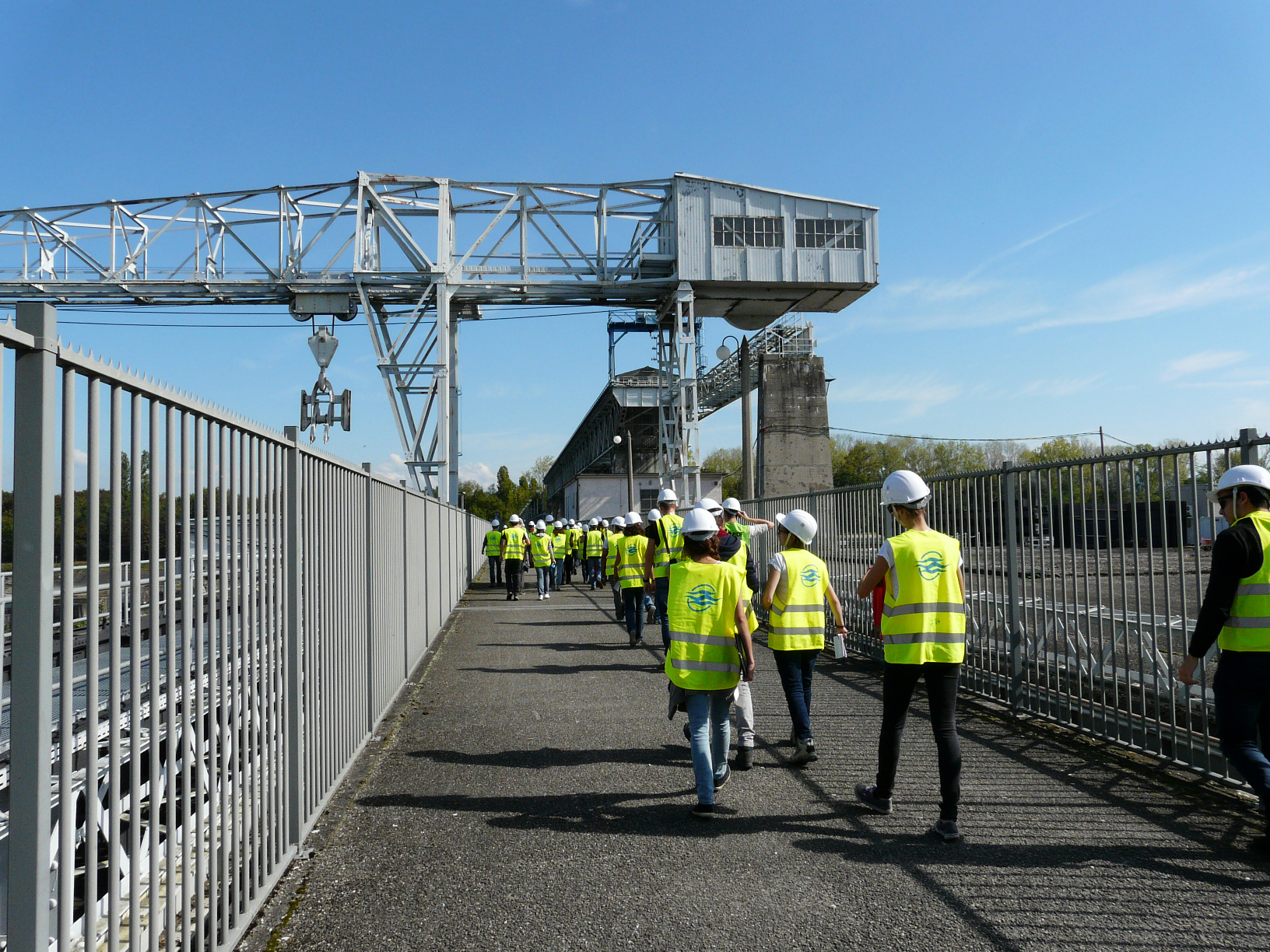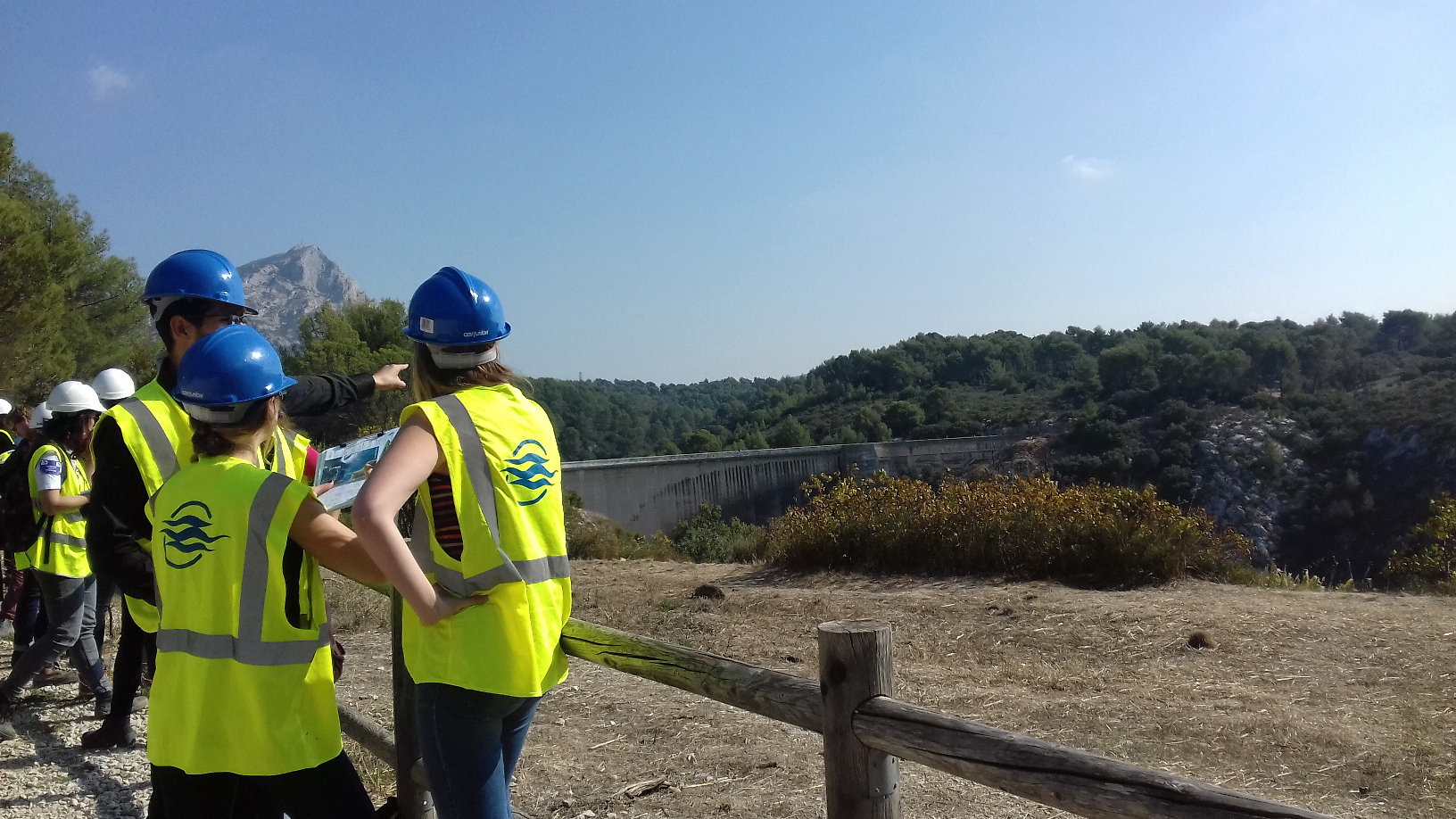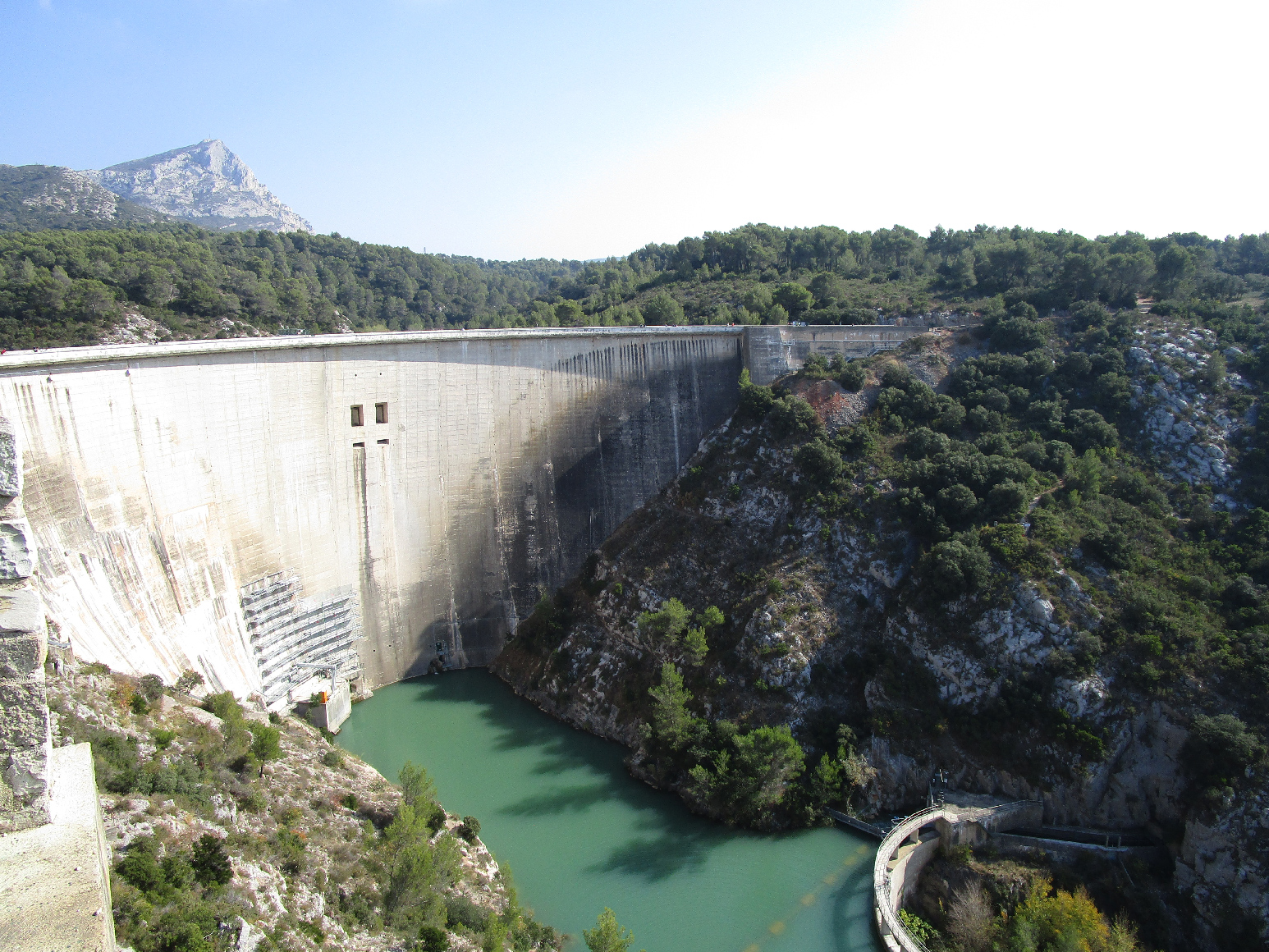ENGEES engineers must be able to mobilise cutting-edge expertise. More broadly, he/she must be able to take a cross-disciplinary view of the issues, at the scale that is most relevant for solving the problems: the catchment area for water, the ecological unit for nature, the catchment area for public services.
To achieve this, ENGEES engineers benefit throughout their studies from courses that enable them to develop cross-disciplinary skills in:
- Understanding the institutional and human environment
- Innovation
- Management / Governance
- Communication
- Adapting to professional environments
- International context
- Entrepreneurship
As they build their project, students can also delve deeper into other subjects by following one of the many pathways in partner establishments
- Coastal management
- Geomatics / geo-construction / civil engineering
- In-depth management

